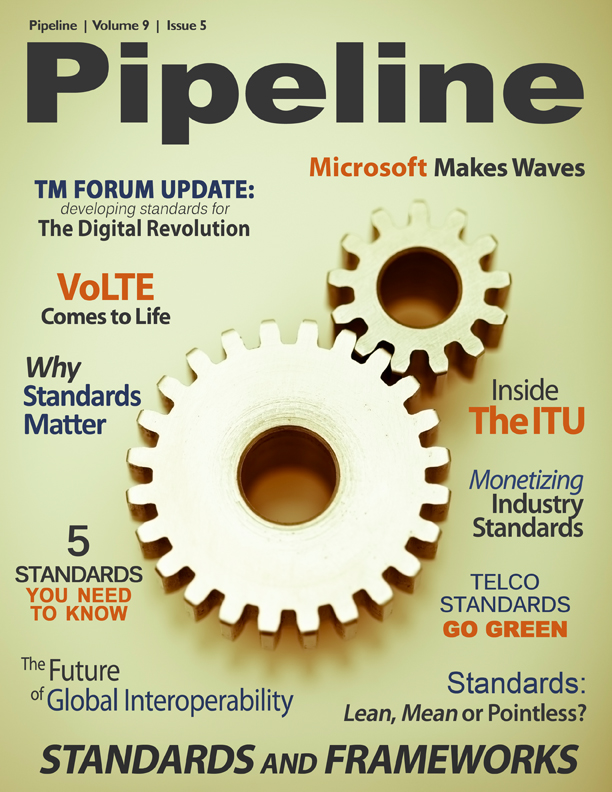Monetizing Communication IT Standards
New World Wi-Fi
Another developing standard that offers similar functionality but affects a different transfer protocol is Passpoint, the outward-facing brand of Next-Generation Hotspot (NGH). Passpoint is a joint effort of the Wireless Broadband Alliance (WBA) and the Wi-Fi Alliance; the WBA defines the NGH standard, and the Wi-Fi Alliance certifies devices for Passpoint compliance. āThe aim of the WBAās Next Generation Hotspot (NGH) program is to deliver a public Wi-Fi experience that is as easy and secure as that experienced on cellular networks,ā writes the WBA.
Passpoint certification offers several huge benefits over traditional Wi-Fi:
- guaranteed interoperability regarding service provisioning;
- seamless network discovery and selection;
- carrier-grade WPA2-Enterprise security.
As next-gen hotspots proliferate, Passpoint enables another benefit for service providers: national and international Wi-Fi roaming. āService providers are working together to define mechanisms for subscribers to āroamā to one anotherās hotspotsāmeaning that youāll be able to connect using Wi-Fi in more locations than ever,ā writes the Wi-Fi Alliance.
What kind of results might Passpoint deliver? Recent polling of smartphone and tablet users in the United States, United Kingdom, France, Japan, China, and Korea suggests the incentives are huge:
- Wi-Fi drives usage: On average, 74 percent of respondents stated they would use āa littleā or āa lotā more data if they had unlimited data usage via easy-to-use Wi-Fi hotspots.
- Most would switch: On average, 77 percent of respondents also stated they would be likely to switch service providers, either immediately or at contract end, in order to access a Passpoint-like Wi-Fi offering, with 65 percent indicating a willingness to pay more per month for such an offering.
- Passpoint drives loyalty: Conversely, an average of 87 percent of respondents said they would definitely/probably stay with their current provider if a Passpoint-like offering were included in their plan.
Avenues for future monetization
Beyond interoperability in the service and transport layers, there are many other opportunities for the telecommunications industry to monetize standards and frameworks. These include:
- Sustainability: Is this device (consumer or commercial) produced in a sustainable way, or does its production wreak havoc on the environment? AT&T, among others, is using āgreen languageā to sell new products, such as post-consumer, and while there are unilateral efforts under way there isnāt an overarching industry standard in place.
- Energy Use: Unlike home appliances, energy use in the mobile device sector is not expressed in an easily understood or standardized manner. For this reason many consumers who pick up flashy new 4G phones are disappointed when the battery life turns out to be horrendous. A simple multi-color logo could signal the power usage rating while creating additional revenue opportunities for carriers.
- Performance Index: Smartphones are essentially small computers, but comparing their capabilities is very difficult. All companies in the value chain, as well as consumers, would stand to benefit from a performance index rating system similar to the Windows Experience Rating.
- Security: If the telecommunications and IT security industries could work closely together, security certification could become very popular. Currently, consumers are mostly unaware of the security risks they face and are unable to interpret them. Furthermore, operators could monetize security solutions if they could be easily understood by both consumer and enterprise customers.



















